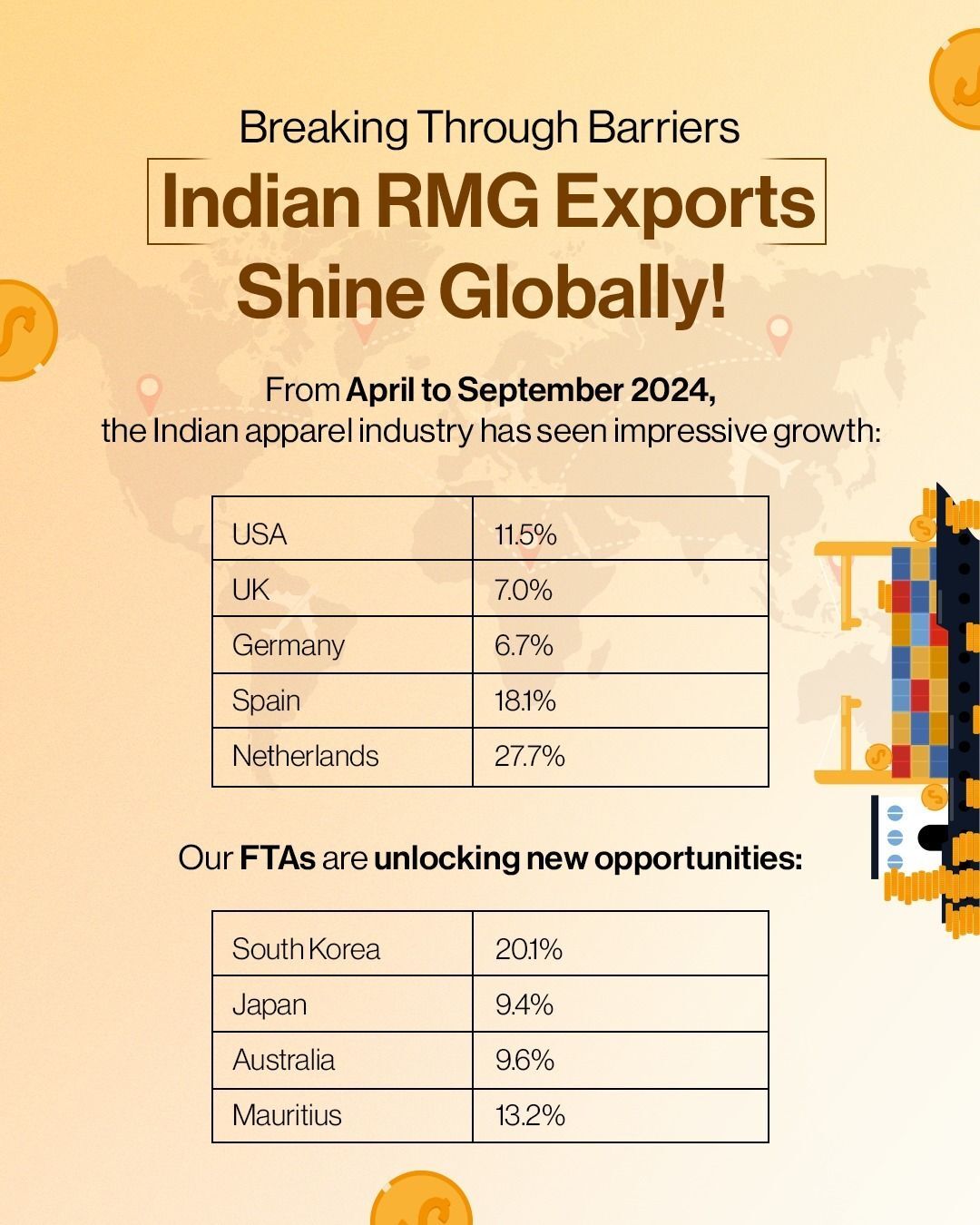In a bid to counteract a rising trend of deceitful bargaining tactics by certain global garment buyers, the Bangladesh Garment Manufacturers and Exporters Association (BGMEA) is taking a stringent stance. Reports reveal that a surge in incidents where buyers exploit exporters by seeking "illogical" discounts on clothing prices has prompted the industry apex body to contemplate blacklisting such entities.
The BGMEA issued a circular on December 21, urging its member-factories to compile a list of buyers engaging in dubious discount negotiations. The association's move aligns with the central bank's discount committee decision following deceptive dealings by these buyers. The circular highlights the manipulative practices of certain buyers who, after receiving goods, announce bankruptcy or demand discounts based on unfounded pleas.
Faruque Hassan, BGMEA president, emphasized the exporters' vulnerability, noting that fraudulent buyers, buying houses, and freight forwarders often trap them into accepting discounts. The circular warns of the financial repercussions for exporters, who end up paying bank interest and loans, potentially leading to factory closures if export proceeds (EXP) become overdue.
Mohammad Hatem, executive president of the Bangladesh Knitwear Manufacturers and Exporters Association (BKMEA), expressed concern over the increasing incidents of unwarranted discounts. Both BGMEA and BKMEA are advocating for the blacklisting of buyers seeking illogical discounts and are working to raise awareness among their members.
Furthermore, the committee discussed issues related to Letter of Credit (LC) clauses and urged apparel makers to exercise caution regarding sanctions-related conditions. A recent LC clause, which absolved the buyer of liability for transactions involving sanctioned parties, raised concerns and confusion among exporters, leading to its subsequent removal. The trade bodies are now advising against accepting LCs with unwanted clauses or conditions.












